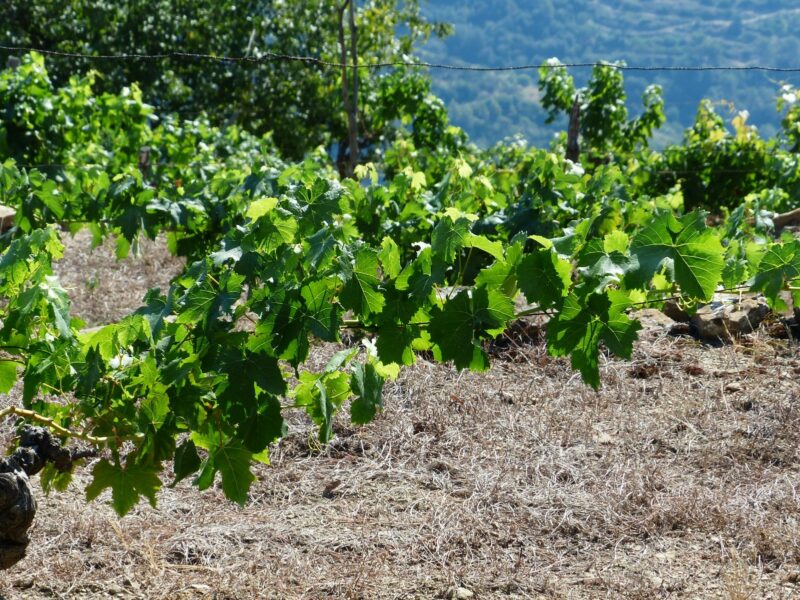
A Scarred Saint
Feast of Saint Patrick. Fr Euan Marley offers a bonus sermon for the Feast of Saint Patrick.
The field of St Patrick studies is not for the faint hearted. So many theories and so much emotion are invested into the solutions for the various problems of St Patrick. As it was famously said, ‘in the field of St Patrick studies, scholars have left no stone unthrown.’
St Patrick as symbol and legend stands in the way of the truth, but even without the emotion there would still be difficulties at the scholarly level. At the popular level, St Patrick is the bishop in green, whose statue is to be seen in churches throughout the world, and not just Ireland. Legends get twisted up, though. I remember a BBC programme interviewing people at the St Patrick’s day parade in New York about the Irish famine. One woman, delightfully said that it was terrible. They were so poor that the Irish had nothing to eat but potatoes…
We can bypass the questions of Patrick’s origin, his exact importance in the evangelising of Ireland, whether there were two Patricks, and look at the one certain insight into the man who has become a symbol of faith. This is his Confessions, written in Latin. If ever there was a self-authenticating document, it is this one. Patrick speaks of his being kidnapped in his youth, being brought to Ireland as a slave, and his growth in faith. Here we have an insight into the man who was removed from the complex civilisation to which he belonged and in so doing was deprived of the opportunity to become a true Roman, to share in the birthright of education which was his right as the son of a Deacon and the grandson of a priest.
This lack of culture is evident in the very limited Latin in which Patrick writes. It is not bad Latin, but it shows evidence of someone whose education had been interrupted by his ordeal. The debate about Patrick’s place of birth, with its anachronistic use of nationalities, Scottish, Welsh, French or whatever, obscures the fact that, for Patrick, the real distinction is between an educated Roman citizen, who only needed to open his mouth to show his status, and those who had not obtained such a prize.
Patrick describes himself as ‘countrified’, literally a rustic, and while there are elements of rhetorical technique here, where the writer apologises in advance for their lack of ability, this is a book whose language and culture is scarred. Yet Patrick himself is a man scarred by experience, and the book speaks of his heart.
Patrick had a conversion in Ireland like no other great Christian of the early Church. Conversion stories up until then stressed the intellectual process. St Patrick lived in the same century as St Augustine, at least in the second half of Augustine’s life, and Augustine was to demonstrate out of his own great learning that conversion could never be a purely intellectual process. God transcends the human intellect, and only grace can bring us into the heart of God’s life. Patrick was to find this truth without learning. He learned to pray in Ireland, and prayer would be the beginning and end of his conversion. When tempted by doubts he would pray, and his path to God was always a pathway of prayer. When he escaped from Ireland, he was responding to prayer. ‘The boat is ready’, were the words he felt he could hear. When they refused him entry to the boat which he found in a port, then he prayed again. They changed their mind.
Boats occur often in his life. One carried him to slavery, another to freedom. A boat brought him back to Ireland. The boat carries you where it will. Once on the boat, choices end, except for the choice between hope and despair, a choice never made once and for all in Patrick’s life. Boats too were to connect the British Isles in new way. To quote Peter Brown, in The Rise of Western Christendom, ‘What happened in [Patrick’s] life time was the emergence of the Irish Sea as a Celtic “Mediterranean of the North”. St Patrick is the patron saint of Ireland but his life was to change all the British isles.


